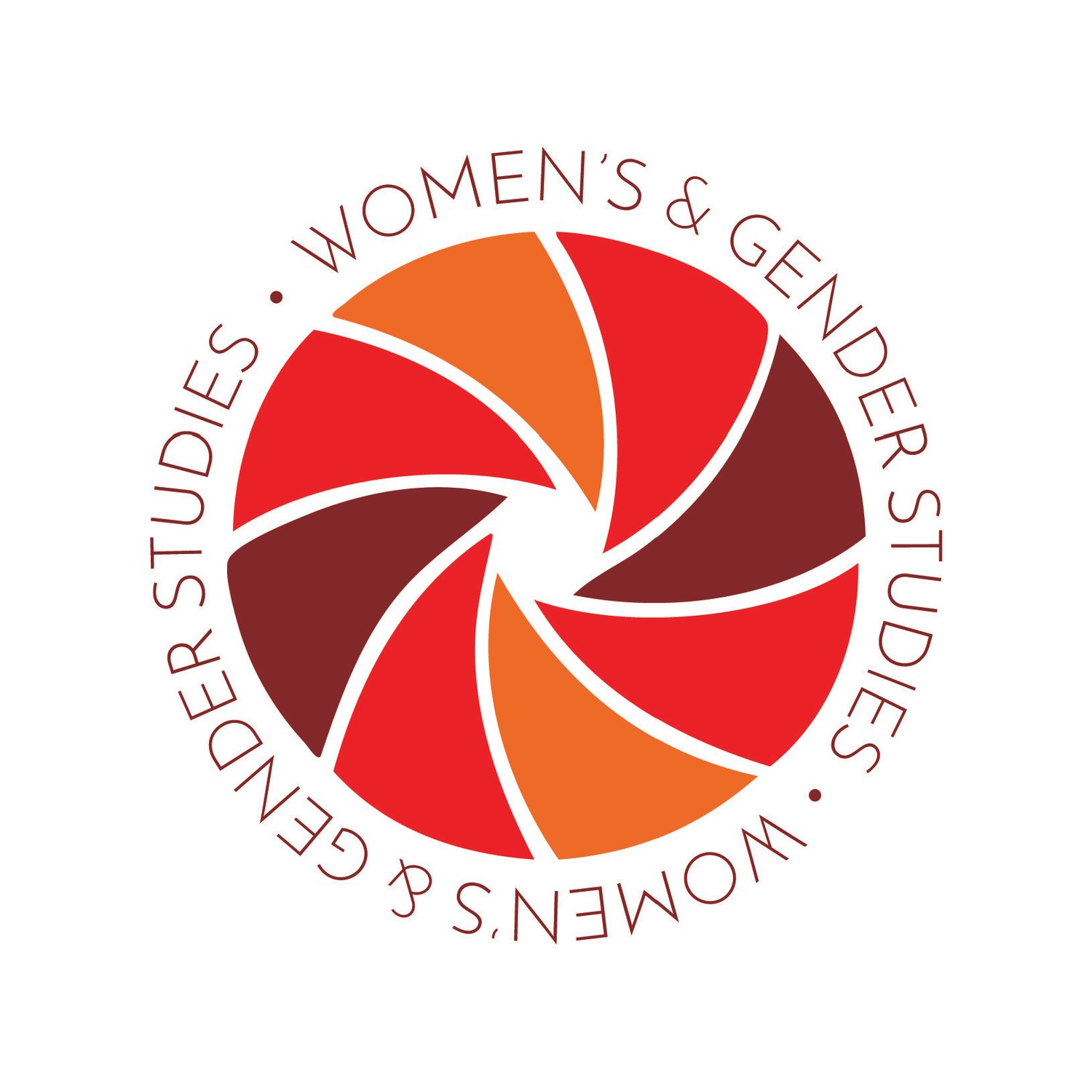Harvard Davis Center and MIT WGS Presents: “Russia’s Pursuit of Repopulation: Abortion, Large Families, and Propaganda”
The lecture will take place at Harvard
Six months after Russia’s full-scale invasion of Ukraine began, in August 2022, the Russian President Vladimir Putin revived the Soviet title of "Mother Heroine" for mothers with ten or more children. Originally the Soviet government had introduced this title as a part of its postwar pronatalist Family Law adopted in 1944. Putin has been committed to increasing fertility in Russia for over a decade and has gradually restricted women’s access to abortion. With this background in mind, it may not seem surprising that he added one more measure from the post-WWII pronatalist toolkit when the “special military operation” threatened to accelerate the decrease in Russia’s population.
However, the revival of the Mother Heroine award signifies a slight, but important shift. In general, postsocialist pronatalism carefully adapted the pronatalist ideas from the Soviet period, embracing some elements, while rejecting others. One of the rejected measures was the postwar Soviet policy of “one-parent pronatalism,” which made the father’s role in childrearing optional. Instead, postsocialist pronatalism has promoted “two-parent pronatalism,” which encouraged fathers to play an essential role in childrearing. This position manifested in the 2008 introduction of the “Parental Glory” title rather than reviving “Motherhood Glory” or “Mother Heroine.” The 2022 revival of Mother Heroine was a shift away from this earlier decision. How should we interpret this shift? Through a comparative analysis of the 1944 pronatalist Family Law and Putin’s pronatalist measures, this talk attempts to identify both constant and shifting choices as well as forces that affect the politics of reproduction today. In addition to policymakers, the talk will address the roles of women, doctors, and the Russian Orthodox Church.
Mie Nakachi is a historian of the former Soviet Union. She earned her Ph.D. in history from the University of Chicago and teaches at Hokusei Gakuen University in Japan. Her specialty areas are population policy, women, family, gender, and reproductive health. She is the author of Replacing the Dead: The Politics of Reproduction in the Postwar Soviet Union (OUP, 2021) and co-editor of Reproductive States: Global Perspectives on the Invention and Implementation of Population Policy (OUP, 2016). She is currently conducting research on the history of Soviet demographic studies from Ukrainian beginnings through the 1970s.
Add to Google cal | Add to Outlook cal
Sponsorship
Department of Women's and Gender Studies, MIT
Accessibility
The Davis Center for Russian and Eurasian Studies at Harvard University encourages persons with disabilities to participate in its programs and activities. If you anticipate needing any type of accommodation or have questions about the physical access provided, please contact us at 617-495-4037 or daviscenter@fas.harvard.edu in advance of your participation or visit. Requests for Sign Language interpreters and/or CART providers should be made at least two weeks in advance if possible. Please note that the Davis Center will make every effort to secure services but that services are subject to availability.

